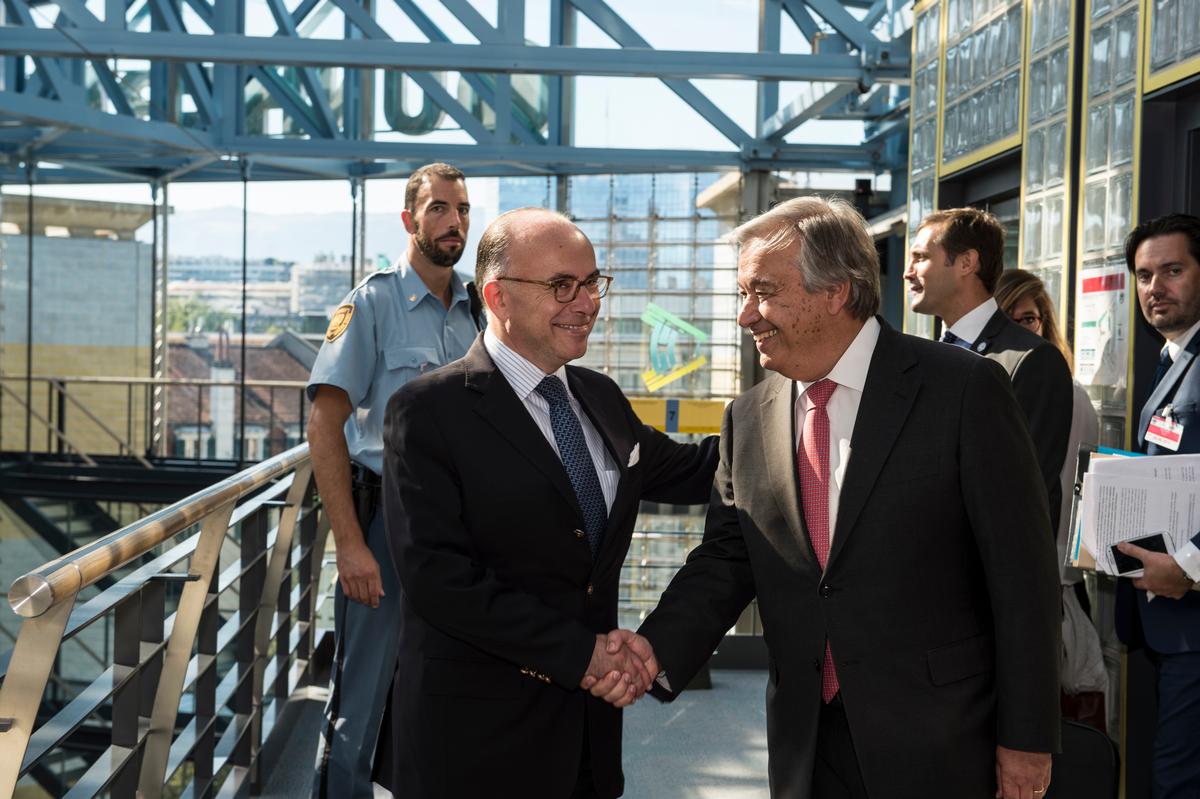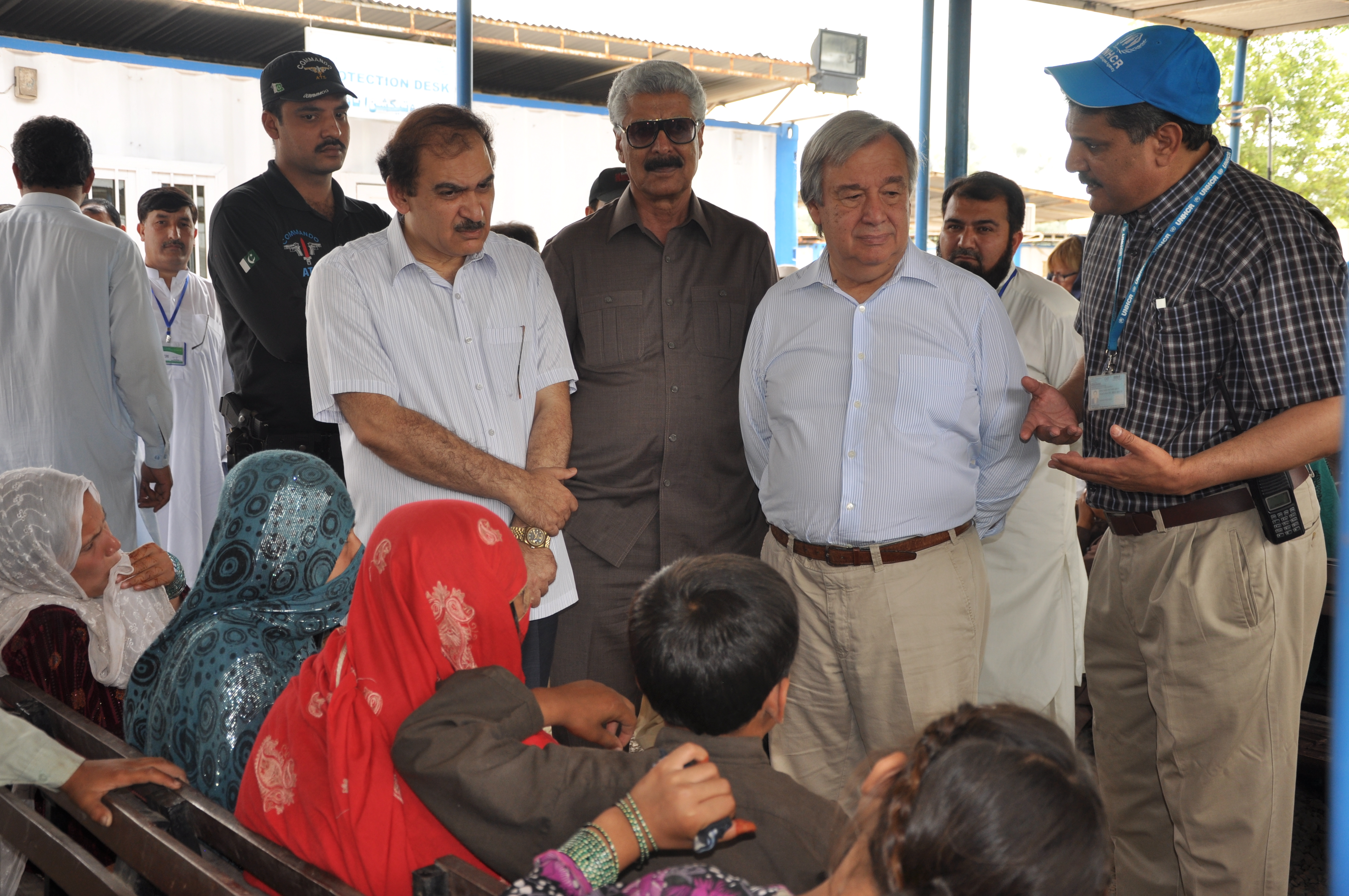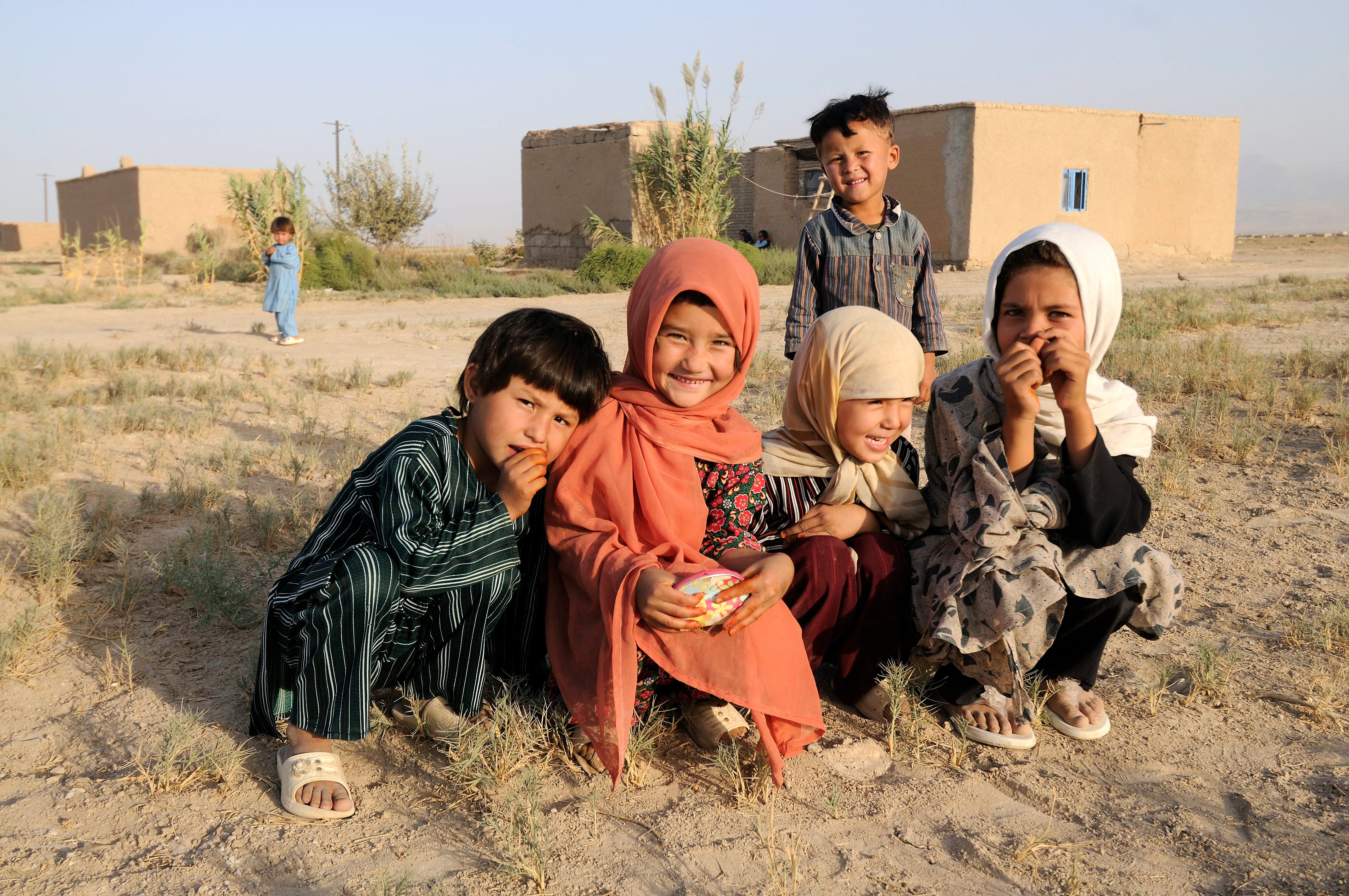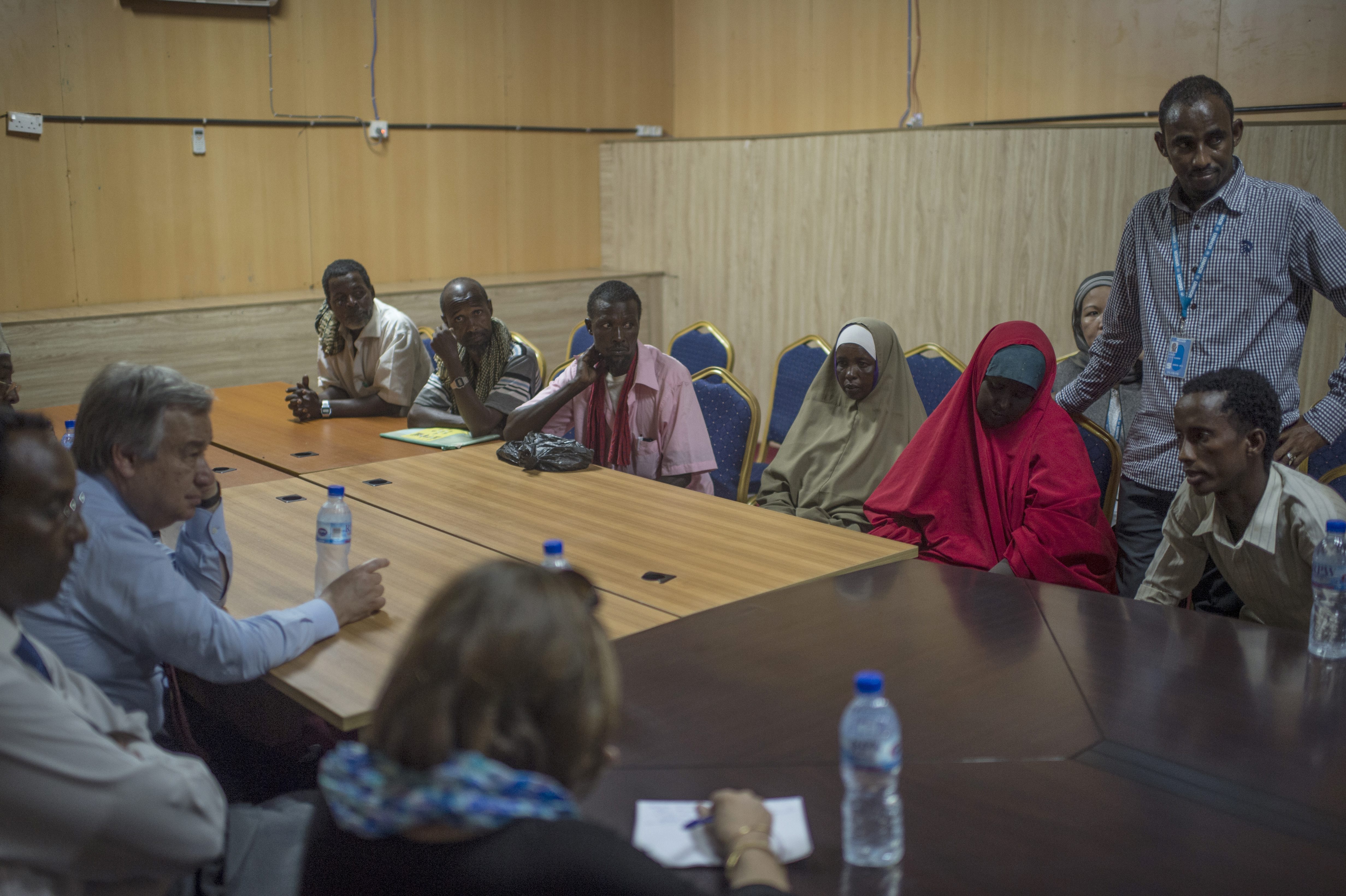UNHCR begins programme to resolve situation of 1972 Burundian refugees
UNHCR begins programme to resolve situation of 1972 Burundian refugees

DAR ES SALAAM, Tanzania, March 11 (UNHCR) - UN High Commissioner for Refugees António Guterres left here late Monday after meeting Tanzanian President Jakaya Kikwete and launching a landmark two-year programme to end one of the world's most protracted refugee situations - the exile of some 218,000 Burundians who fled their country in 1972.
The Burundian refugees have been living in three settlements in western Tanzania and, during Monday's meeting, Kikwete reiterated his government's commitment to finding durable solutions for them through voluntary repatriation and local integration.
In weekend ceremonies at Ulyankulu and Katumba settlements in western Tanzania, Guterres had kicked off the new programme and stressed that its success depended on strong donor support for the Tanzanian government.
"It is the moment for the international community to show solidarity with the government and people of Tanzania to solve the long-standing problem of Burundian refugees from 1972," the High Commissioner said in Katumba on Sunday before sending off a first group of 255 refugees, who were heading by train to the port of Kigoma and thence by road to Burundi.
He added that the programme, especially its local integration component, could become a "showcase" for other nations faced with protracted refugee situations.
This is one of UNHCR's most important operations in Africa this year, which will see the agency assist the return of more than 46,000 Burundian refugees and locally integrate a further 172,000. The latter will include an estimated 76,000 aged over 18 years and eligible to register and apply for citizenship in accordance with Tanzanian laws, rules and procedures.
"It is the moment to make a choice for the future. Those who want to go back to Burundi to take part in the reconstruction will be able to do so with our support. Those who feel that they are now part of Tanzania and would like to remain here, will have the possibility to ask for citizenship," Guterres told an estimated 15,000 cheering refugees in Katumba.
On Saturday, the High Commissioner had visited Ulyankulu settlement and launched registration processes for repatriation and citizenship application. Those affected by the landmark operation live in Katumba, Ulyankulu and Mishamo, the so-called "Old Settlements" housing the Burundians who fled to Tanzania in 1972 to escape fighting in their homeland.
During Sunday's emotion-charged departure ceremony at Katumba railway station, 49-year-old returnee Sophia Habonimana said she had no relatives in Burundi, "but I am going back because I know the authorities there will help me when I arrive." Habonimana, who was going to Makamba province, arrived in Tanzania as a 13-year-old orphan and leaves as a widow and mother of eight.
Many, such as Gabriel Baramizigiyi, do not want to return. The father of 12, who fled from Rutana in south-east Burundi in 1972, will be queuing to apply for citizenship. "I like Tanzania. I will ask to remain here because I can farm," he said. Amos, a tobacco farmer in Ulyankulu, told Guterres he wanted to remain in Tanzania because he led a full and rewarding life in the country.
As Guterres noted on Monday, the programme will rely heavily on support from donors. On February 21, the UN refugee agency launched an appeal for US$34 million to fund the return of the 1972 Burundians and the naturalization and local integration of those who will be granted citizenship. So far, pledges totalling almost US$9 million have been received.
The High Commissioner spent four days in Tanzania after visiting Uganda, where he reviewed UNHCR operations during a four-day trip.
In addition to 218,000 Burundian refugees living in the Old Settlements, Tanzania hosts 108,000 Burundian refugees and 96,000 Congolese refugees. Under a voluntary repatriation programme launched in March 2002, UNHCR has helped 350,000 Burundian refugees return home.
By Eveline Wolfcarius and Millicent Mutuli in Dar es Salaam, Tanzania






